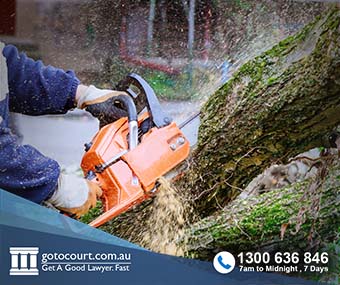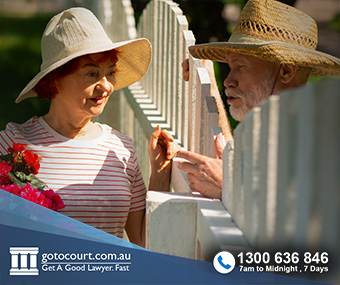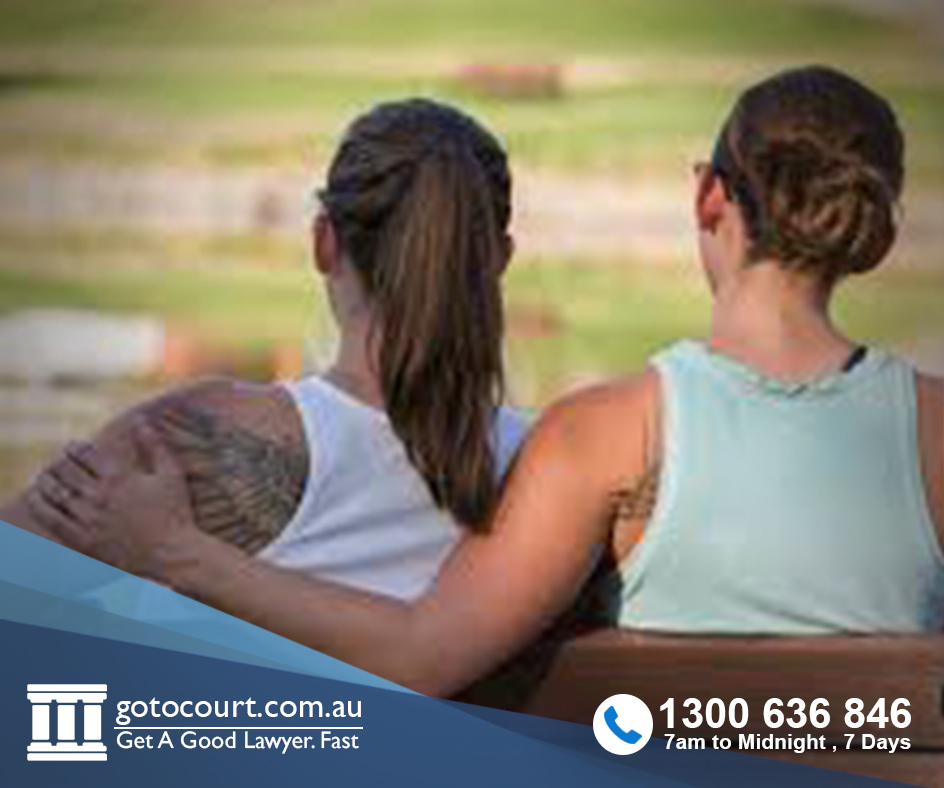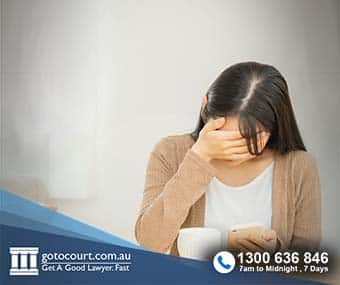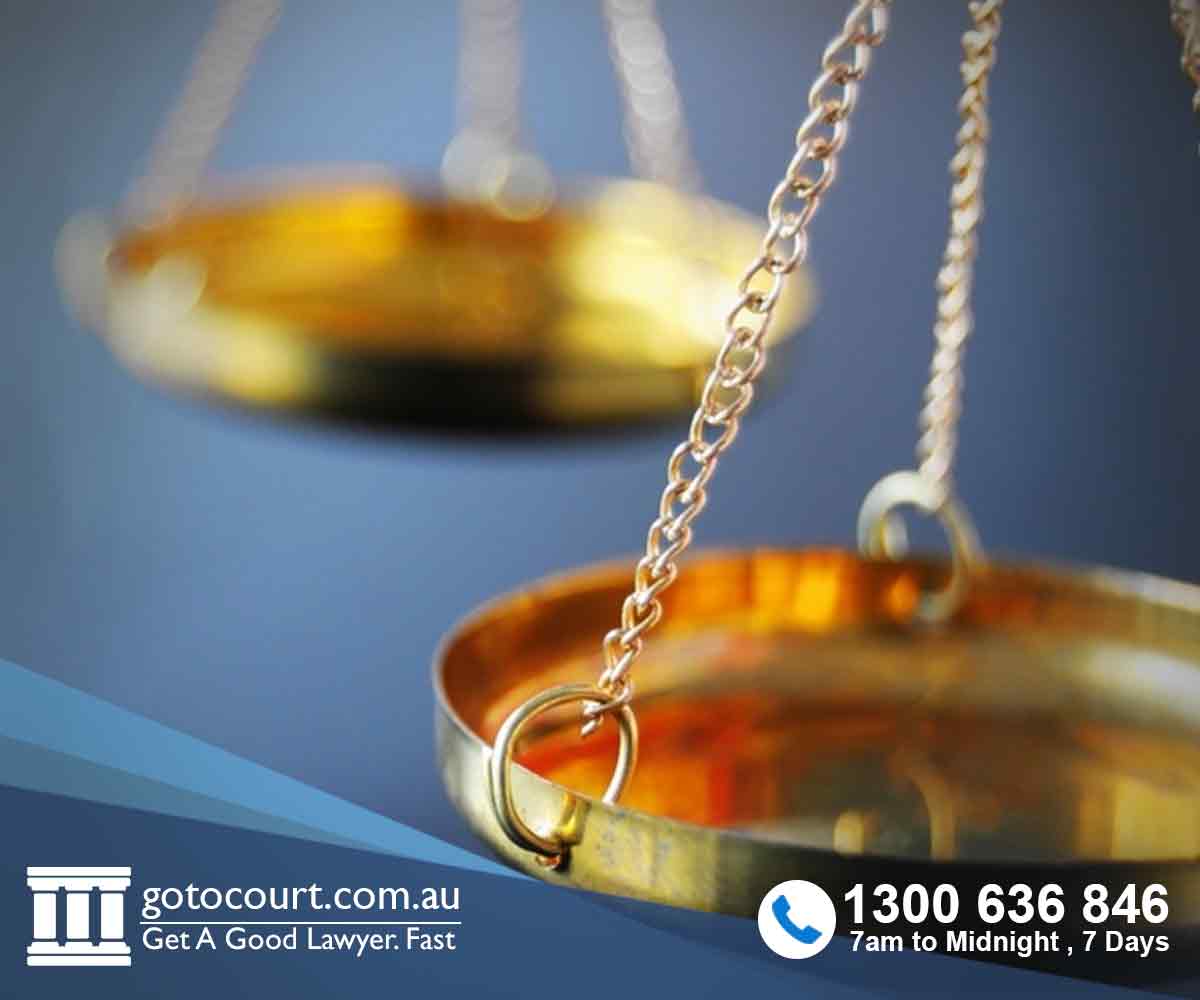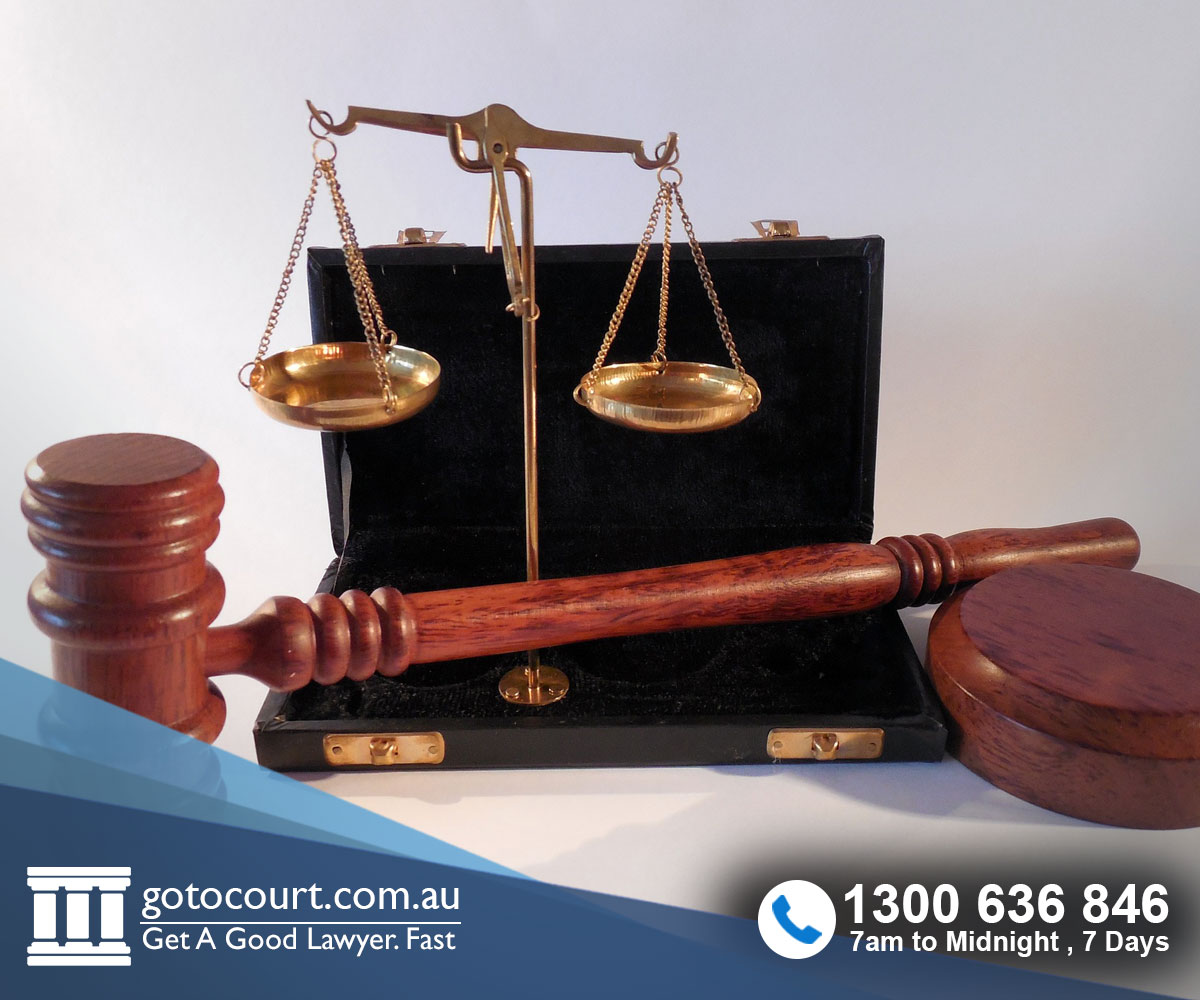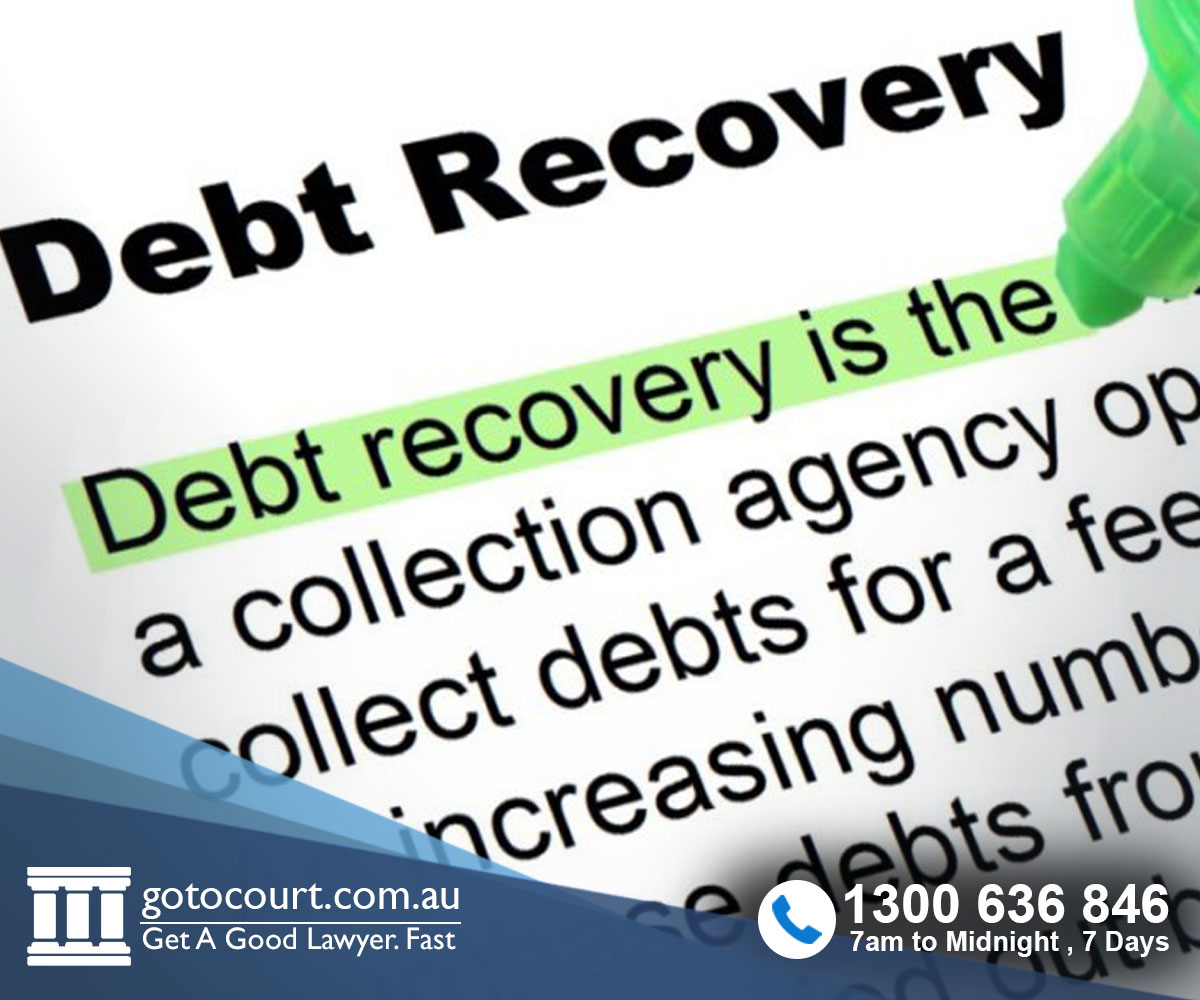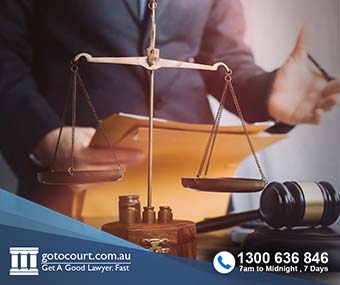Call our lawyers
now
or,
have our lawyers
call you
Defamation in South Australia
Updated on Nov 16, 2023 • 6 min read • 446 views • Copy Link
Defamation in South Australia
The law of defamation is designed to protect an individual’s reputation, while still upholding the right of individuals to free speech. In South Australia defamation is governed by the common law and by the Defamation Act 2005. Previously, defamation was divided into two categories – libel and slander – but now it is all called defamation. To prove defamation there are three elements – that the material was communicated to another person/s, that the material identifies someone and the material is defamatory. The particular person does not have to be specifically identified in the statement if the words used cause people who know the complainant to believe that they are being referred to in the material.
The test of whether a statement is defamatory depends on the standards of the community as a whole and that of a section or group within the community. It is not a defence that a person was only repeating what another said, or that the person who heard or read it did not believe it. Depending on the amount of damages sought, actions can be brought in the Supreme Court, District Court or Magistrates Court. In deciding how much to award in defamation proceedings, the court must ensure that there is an appropriate and rational relationship between the harm suffered and the amount awarded.
The ‘serious harm’ test
In 2022, the Defamation Act 2005 was amended. For a defamation claim to succeed in South Australia, the claimant must now establish that the publication of the defamatory material caused serious harm to their reputation. This test in contained in section 10A of the Defamation Act 2005.
This change was made to ensure the law of defamation is not used to obtain damages for minor or trivial instances of damage to a person’s reputation.
Defences to defamation in South Australia
- The defence of innocent dissemination under section 30 of the Defamation Act 2005 protects people such as newsagents, booksellers and internet service providers who unwittingly publish defamatory matter.
- The defence of truth, but the alleged defamer must prove that all of the material is substantially correct.
- If the matter contains several claims, some true and some not and the plaintiff’s reputation is not harmed any more than it would be from only the claims that are true.
- The defence of honest opinion under section 29 of the Defamation Act 2005, where the words used were not a statement of fact but of opinion. The words must be considered in context. The opinions must be based on facts, be fair and honestly held and not motivated by malice.
- The defence of public interest under section 27A of the Defamation Act 2005, which is available in relation to statements about the conduct of people holding public office and comments on artistic works such as books and plays or a review of a restaurant’s food.
- The defence of absolute privilege under section 25 of the Defamation Act 2005. In situations where absolute privilege applies, such as parliamentary proceedings, there can be no defamation even if the words are false and published with malice.
- The defence of qualified privilege under section 28 of the Defamation Act 2005. This defence applies where the person making the statement has a legal, social or moral duty to comment and the recipient has an interest in receiving it. It includes giving a reference for a job applicant, communications between teachers and parents or between employers and employees. The person making the statements must not be motivated by malice and must believe that what they say is true.
- If it is a report of certain proceedings, including parliamentary, judicial and government proceedings and incorporated company shareholders meetings.
- If the words were not intended to be taken seriously, were a joke or part of vulgar abuse and as such did not have a defamatory meaning to those hearing or seeing the words.
- If the statement was one that was unlikely to cause the plaintiff serious harm, there is a defence of triviality.
Whistleblowers Protection Act
The Whistleblowers Protection Act protects someone who discloses corruption, mal-administration, waste, or illegal conduct in the public sector. In the private sector, it can also protect whistle blowers who allege corruption from defamation claims provided the conduct is reported to a government minister or to the appropriate authority. However, the whistle blower is only protected if they believe that the statements are true.
Offers to make amends
If a publisher receives notice from someone who claims to have been defamed, they can formally offer to make amends. This must include publishing a correction and paying any expenses incurred by the person defamed. It may also include an apology to the aggrieved and an offer of compensation.
An offer to make amends must be made within 28 days of the allegation of defamation. If accepted, it ends the matter. If it is not accepted, and is later found by the court to have been a reasonable offer, then it is a defence to the claim.
Apologies
An apology is not a defence to a defamation claim. If a publisher apologises, this is not an admission of fault and can’t be used against them. However, a properly published apology minimises the damage done by the publication and can be used to reduce damages.
Injurious falsehood
Groups that cannot sue for defamation may be able to sue through another type of action called injurious falsehood. In order to make a claim in injurious falsehood, the claimant must show that the statement is false and was intended to cause loss. There must also have been actual financial loss.
Criminal defamation
There is an offence of criminal defamation under South Australian law. The Criminal Law Consolidation Act states that the publishing of defamatory material with the intention to, or with reckless indifference to whether it would, cause serious harm carries a maximum penalty of three years imprisonment. The defences available to this charge are the same as available in a civil defamation action.
If you require legal advice or representation in any legal matter, please contact Go To Court Lawyers.

Affordable Lawyers
Our Go To Court Lawyers will assist you in all areas of law. We specialise in providing legal advice urgently – at the time when you need it most. If you need a lawyer right now, today, we can help you – no matter where you are in Australia.How It Works







1. You speak directly to a lawyer
When you call the Go To Court Legal Hotline, you will be connected directly to a lawyer, every time.


2. Get your legal situation assessed
We determine the best way forward in your legal matter, free of charge. If you want to go ahead and book a face-to-face appointment, we will connect you with a specialist in your local area.


3. We arrange everything as needed
If you want to go ahead and book a fact-to-face appointment, we will connect you with a specialist in your local area no matter where you are and even at very short notice.

